



Vithalbhai Patel was the first Indian President of the Central Legislative Assembly and championed legislative independence and procedural reforms. He co-founded the Swaraj Party and challenged the British from within councils. Patel's legacy, intertwined with the freedom movement and parliamentary democracy evolution, continues to inspire and promote social reforms like Dalit representation and education.
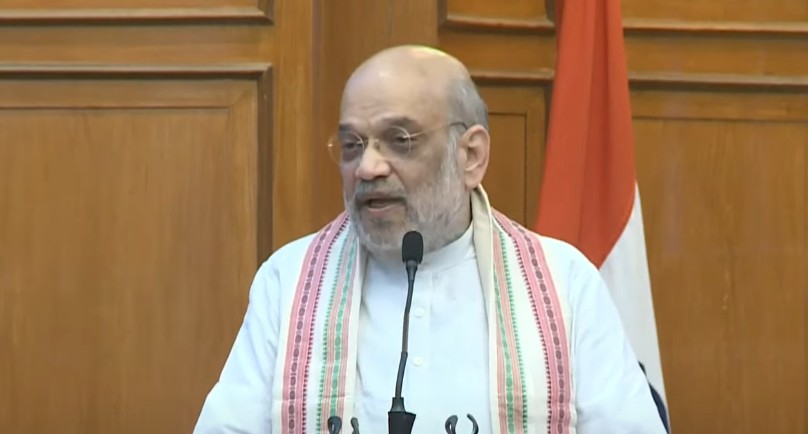
Copyright infringement not intended
Picture Courtesy: DDNEWS
The Union Home Minister inaugurated the All India Speakers' Conference, commemorating the centenary of Vitthalbhai Patel's election as the first Indian Speaker, and praised his role in establishing India's legislative traditions.
Early Life: Born in 1873 in Nadiad, Gujarat, older brother of Vallabhbhai “Sardar” Patel.
Education and Early Inspirations: He studied law in London, and started practice in Bombay and Ahmedabad.
Entry into Politics: He entered politics by winning a seat in the Bombay Legislative Council in 1912.
Association with the Indian National Congress: By the early 1920s he became a leading voice in the Congress on legislative matters.
Involvement in the Non-Cooperation Movement: During the Movement, he supported Gandhi’s anti-colonial campaign.
|
Vithalbhai-Sardar Patel Relation
|
Civil Disobedience Movement and Salt Satyagraha: Vithalbhai was seriously ill and spent much time in Europe.
|
Analysis of his Political Ideology Pragmatism: His decision to co-found the Swaraj Party demonstrates his pragmatism in using legislative councils as a tool for obstruction and opposition from within. A "Militant" Constitutionalist: While he was a master of parliamentary procedure, he was not a moderate in the traditional sense.
Relationship with Gandhi: While he respected Gandhi, he was not an unquestioning follower. This demonstrates a healthy diversity of opinion within the nationalist movement. Internationalizing the Indian Cause: Patel was one of the early leaders who understood the importance of garnering international support for India's freedom struggle. He travels abroad to raise awareness and building networks. |
Member of the Legislative Assembly
Bombay Reforms: He co-sponsored the District Municipal Act Amendment and Town Planning Bill (1914).
Medical Legislation (1912): He pushed a bill to register all medical practitioners for malpractice discipline.
Social Reform Bills: In 1918, he introduced a Hindu Marriages Validity Bill to allow inter-caste Hindu marriages.
Speaker of the Central Legislative Assembly
In the 1924 elections, Vithalbhai won a Bombay seat in the Central Legislative Assembly (the new national legislature under the 1919 Act).
In 1925 he was elected President of the Assembly – the first time an Indian held this post. (The British speaker Sir Frederick Whyte had retired.)
Setting Precedents: His innovations as Speaker – the independent Assembly Secretariat (1928), the Speaker's neutrality, and the casting vote convention – latter became the foundational principles enshrined in the Constitution and continue to govern the functioning of the Lok Sabha and Vidhan Sabhas.
Upholding Parliamentary Dignity: His tenure as Speaker was not just about passing laws. It was about establishing the dignity and independence of the legislature.
Advocacy for Constitutional Reforms
Vithalbhai advocated for stronger self-governance within the evolving Constitution of British India.
When the Montagu-Chelmsford Reforms were presented in 1918, he was critical of them.
His questioning of the Government of India Act 1919 influenced other leaders to demand changes (later realized in the 1935 Act and ultimately the 1949 Constitution).
His speeches and legislative work showed his constitutional vision: a united India under a common national government.
As Speaker, he used his authority to advocate procedural safeguards (like neutrality and fairness) that protected minority opinion and democratic debate in the legislature.
As the first Indian legislative Speaker, he set precedents followed by India’s first Lok Sabha Speaker and his successors.
Traditions of India’s parliamentary democracy – open debate, majority rule with minority rights, and legislative independence – trace roots to Vithalbhai’s tenure.
In this way he can be seen as an early architect of independent India’s political system, even without serving in it.
Vithalbhai Patel’s life combined activism, reform and leadership in India’s struggle for freedom and self-governance. He fought the British through speeches, legislative battles and the Swaraj Party, while also advancing social reforms like free education and anti-caste measures. As the first Indian Speaker of the Central Assembly, he built the procedures still used in Parliament today.
Source: DDNEWS
|
PRACTICE QUESTION Q. Vitthalbhai Patel's tenure as the President of the Central Legislative Assembly was a watershed moment in India's constitutional history. Critically analyze. 150 words |
Vitthalbhai Patel was an nationalist, a prominent leader of the freedom struggle, and the first elected Indian President (Speaker) of the Central Legislative Assembly.
The Swaraj Party's ideology was to "wreck the British government from within" by contesting elections and creating legislative obstruction.
The Speaker is the presiding officer of a legislative body, responsible for maintaining order and conducting its business.
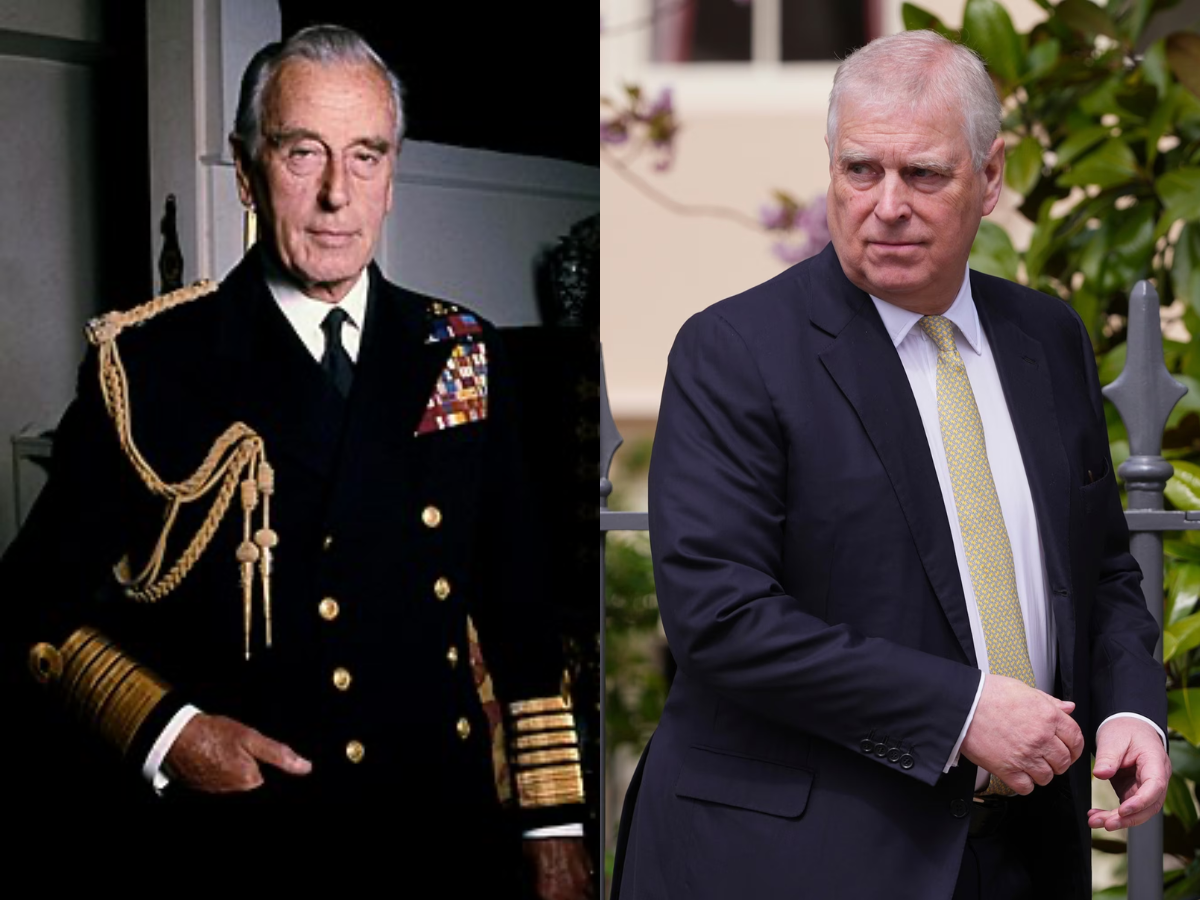

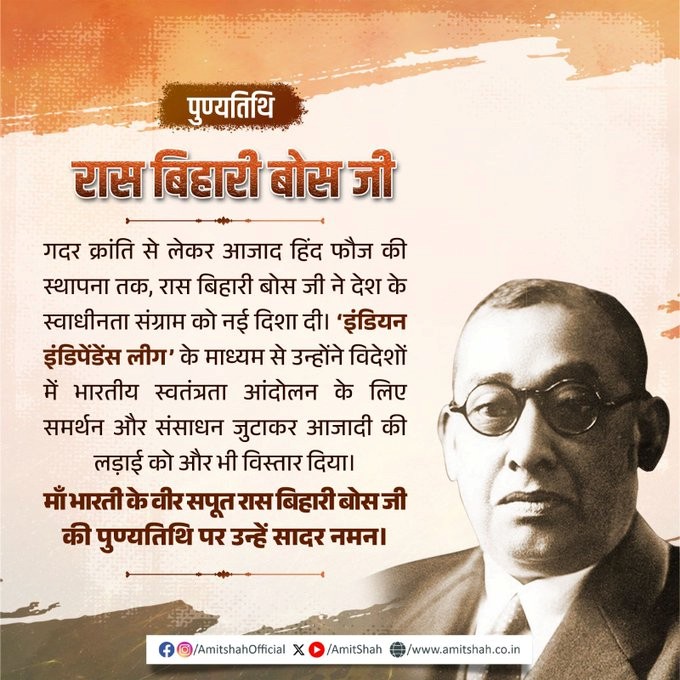
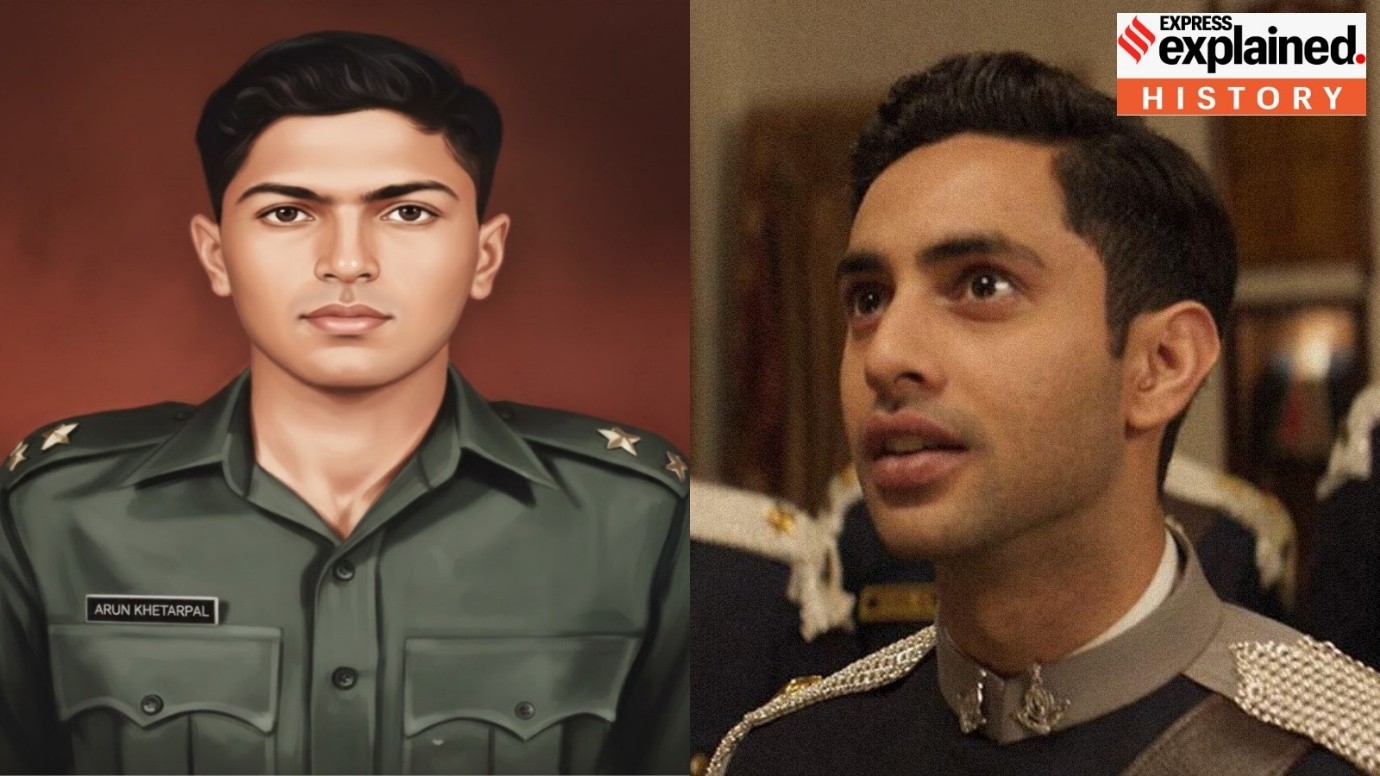
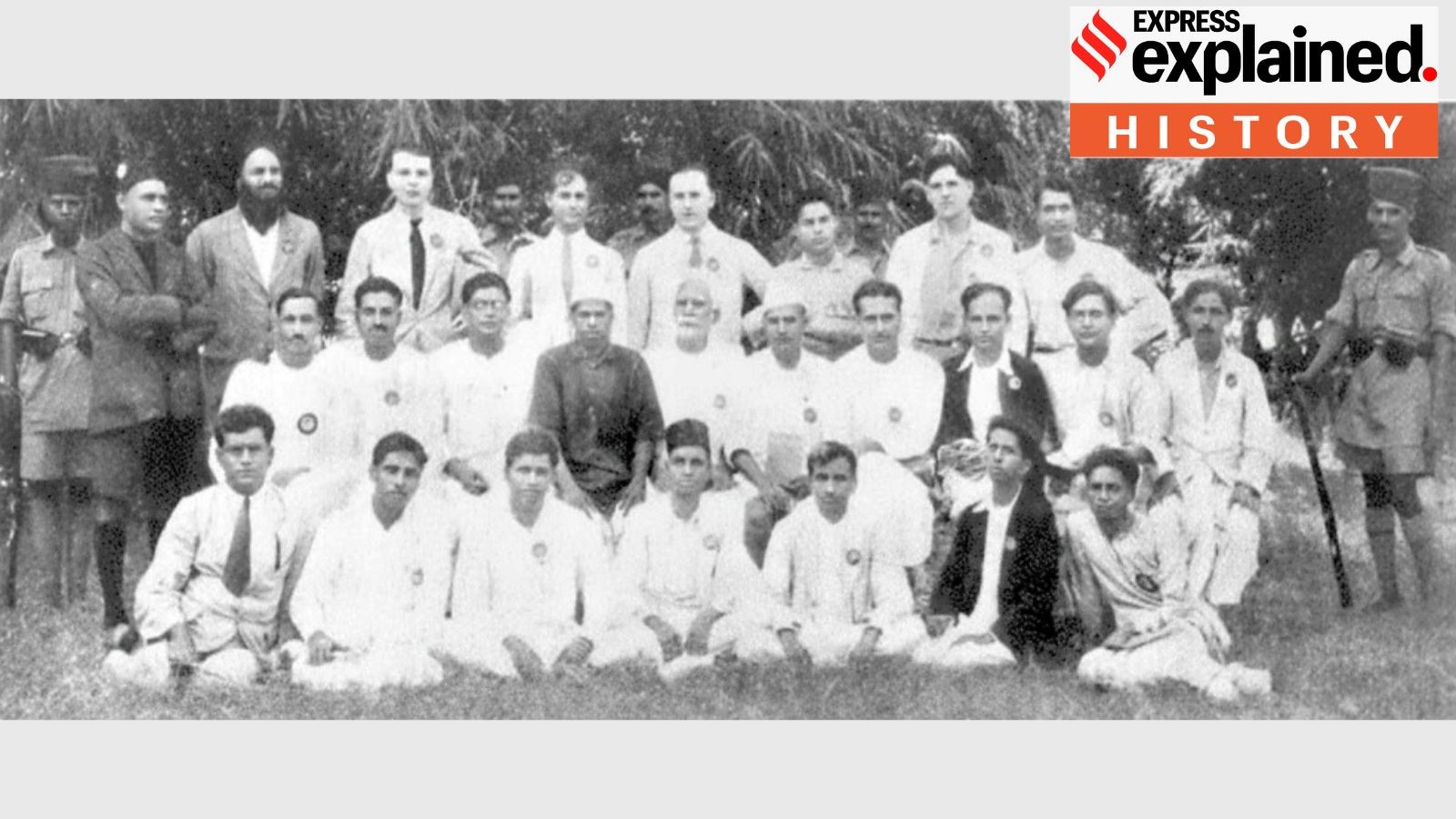

© 2026 iasgyan. All right reserved